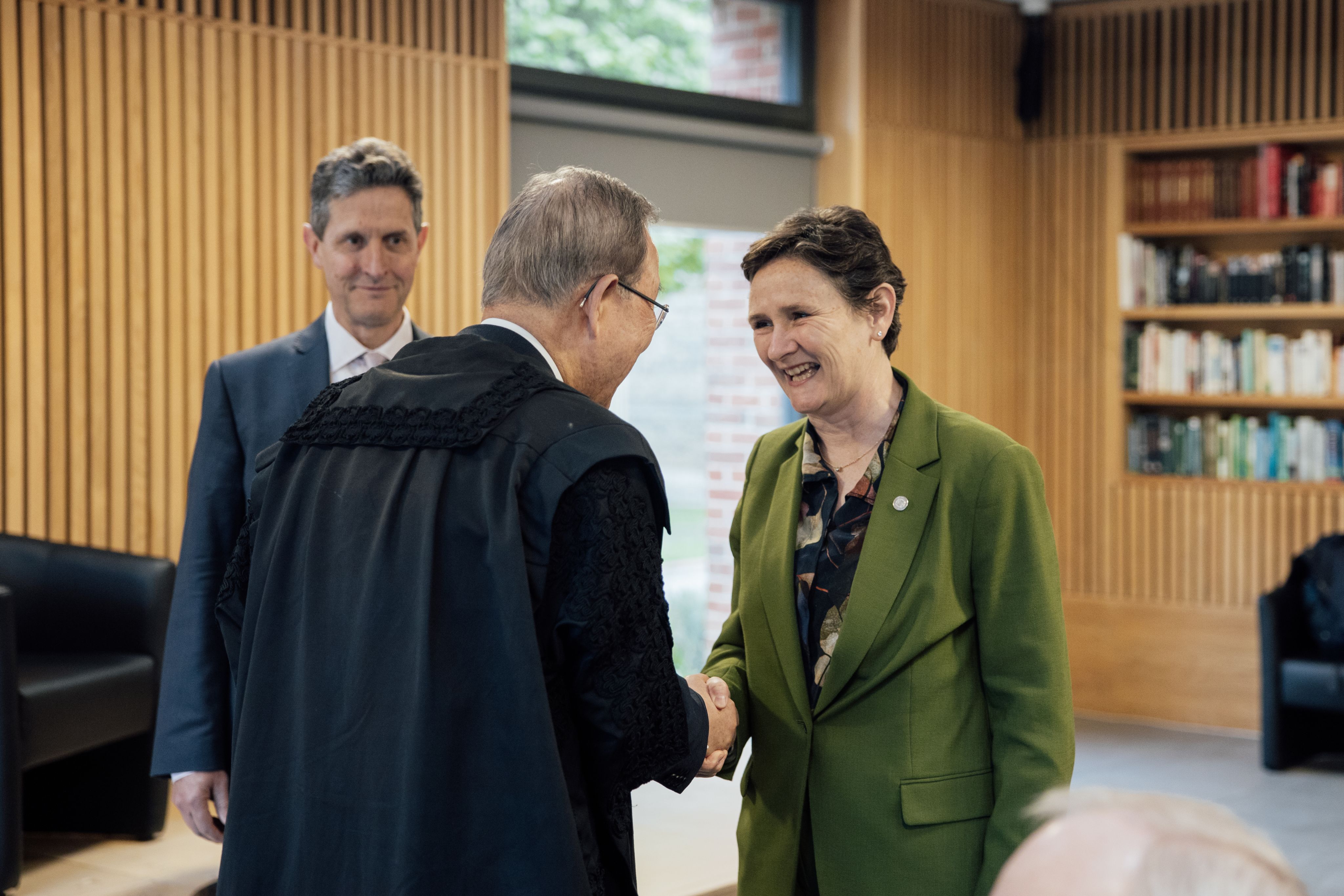Human Rights in a Fractured World
Ban Ki-moon
Transcript of the lecture
2 May 2024
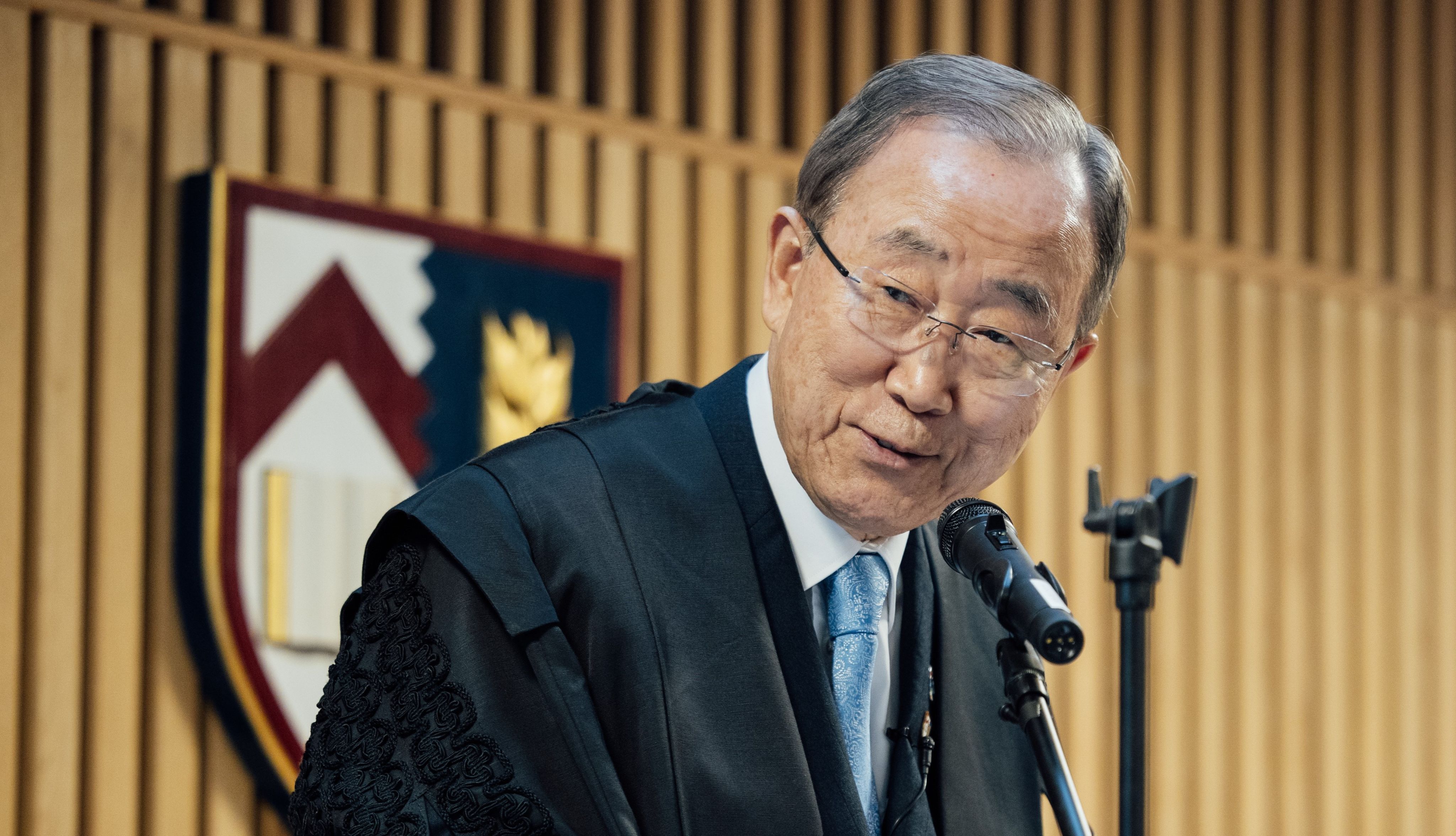
Thank you, Professor Nazila Ghanea, for your kind introduction.
Professor Irene Tracey, Vice Chancellor of Oxford University and Kellogg Fellow; Professor Jonathan Michie, President of Kellogg College; Professor Myles Allen, Director of Oxford Net Zero; students, distinguished guests, ladies and gentlemen: today, I am honoured to join Kellogg College’s Bynum Tudor Fellowship here at Oxford University. Particularly, I’m filled with pride to join the other Bynum Tudor Fellows at Kellogg College. Above all, I am delighted to know that His Majesty King Charles III is also a Bynum Tudor Fellow.
In addition, I had the pleasure of working alongside Bynum Tudor Fellow Dr Phumzile Mlambo-Ngcuka, when she was the Executive Director of UN Women.
I am also impressed to hear of Bynum Tudor Fellow Sir David Brown’s role as Chair of the Bletchley Park Trust, with which I know Kellogg College has a special connection. Indeed, Alan Turing and the other brilliant code-breakers at Bletchley Park played a huge role in protecting human rights globally at that time, advancing victory in the Second World War.
“What are the great challenges facing the world, and what should we be doing about them in response?”
Students, distinguished guests, ladies and gentlemen, we are living in an unprecedented era of new, interconnected crises and elevated global uncertainty. So, this is indeed an appropriate venue to ask, “What are the great challenges facing the world, and what should we be doing about them in response?”.
One might hope that over time, the human race would gain experience in how to tackle problems and progress in a linear manner. Unfortunately, this does not appear to be how history actually progresses. Indeed, today in the year 2024, we are confronted with just as many problems as ever, perhaps even more. And the scale of these problems also seems to be as great as ever; again, in some cases perhaps even greater than those we faced previously. Let me briefly focus on the following ten pressing challenges.
First, war and armed conflict are with us now, and the risks of regional wars taking on escalatory global dimensions are growing. Also, the US-China confrontation is intensifying.
Second, the dangers of international financial crises and recession remain unresolved. Our globalised economies are still vulnerable to seismic transnational shocks.
Third, much of the progress in tackling extreme poverty has stalled due to conflicts, COVID-19, and the climate crisis.
Fourth, alongside this, there has been growth in inequality of income, wealth, power and geography.
Fifth, human rights abuses continue unabated, across the world.
Sixth, different movements and protests have drawn attention to systemic problems of gender and race inequalities.
Seventh, the threat of future pandemics is as great as ever, after COVID-19 caused such extraordinary disruptions.
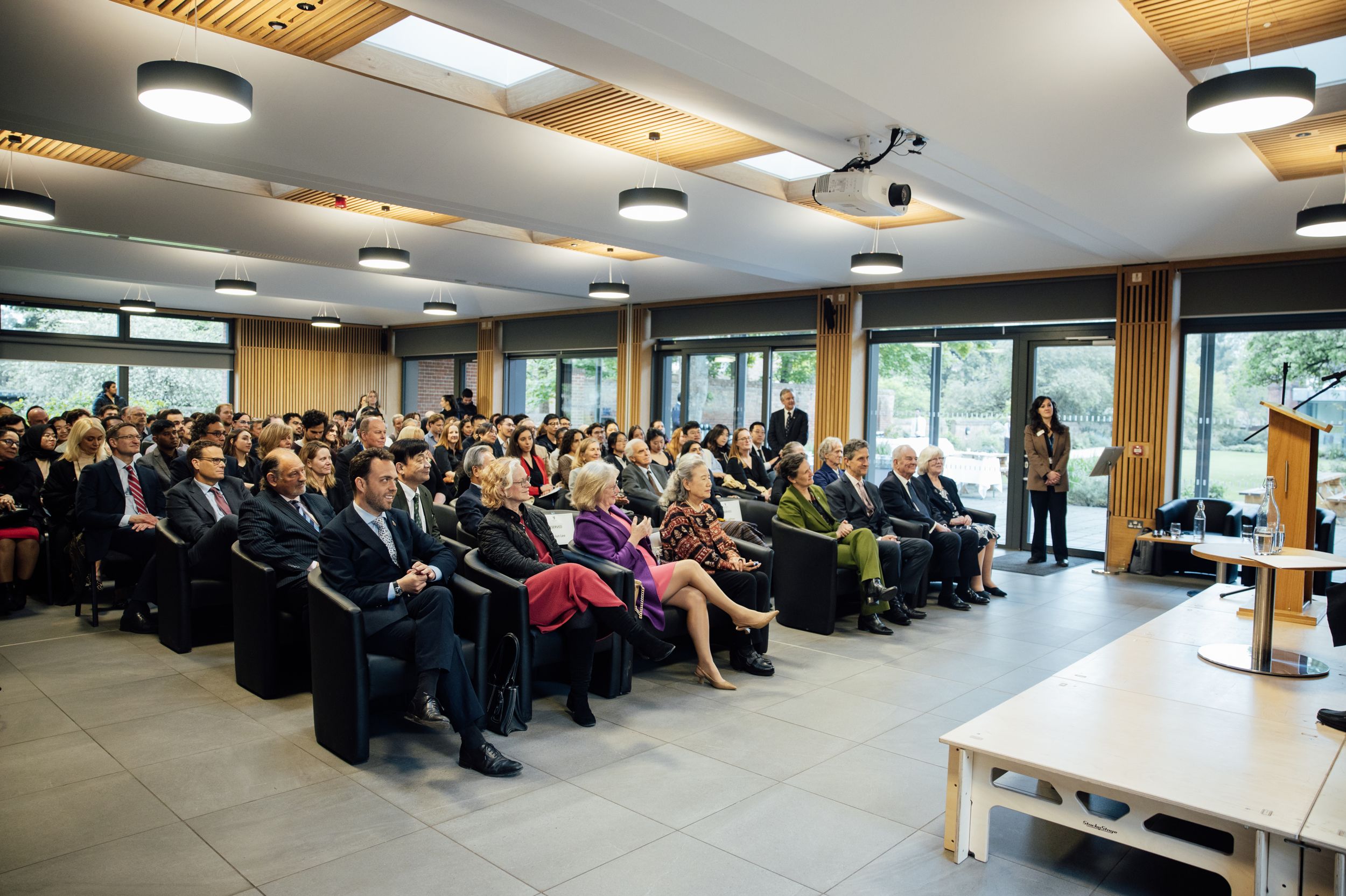
Eighth, unregulated AI and other new technologies pose serious threats to the world, including for human rights.
Ninth, the deepening climate crisis threatens all of humanity and the earth’s ecosystems.
And tenth, there appears to be a significant mental health and wellbeing crisis, particularly amongst the young, who perhaps fear they will inherit all of these problems.
In a moment, I will reflect on how some of these issues were confronted while I was Secretary-General of the United Nations. But, above all, I will address the question “What should we do about such problems?”.
Clearly, each of these areas calls for different sorts of responses. But in my experience, one can say that in most cases there are certain fundamental requirements. These include, first, education, research, and knowledge. Second, international cooperation, partnership, and action. Third, mass mobilisation, and protest. Fourth, tackling vested interests and confronting impunity. And fifth, quiet diplomacy behind the scenes.
In this connection, please allow me to now turn to my experience of dealing with these global problems. I had the great honour of leading the United Nations, for ten years from January 2007 to December 2016. Yet, the beginning of my tenure was certainly difficult.
On October 9th, 2006, the very same day my election as United Nations’ 8th Secretary-General was confirmed, North Korea shocked the world with its first nuclear test, which caused a 4.2 magnitude earthquake on the Korean Peninsula, and led to swift global condemnation. This surely was not coincidental. It cast a dark shadow as I prepared to lead the United Nations, knowing my first major international crisis was already waiting for me upon my arrival in New York.
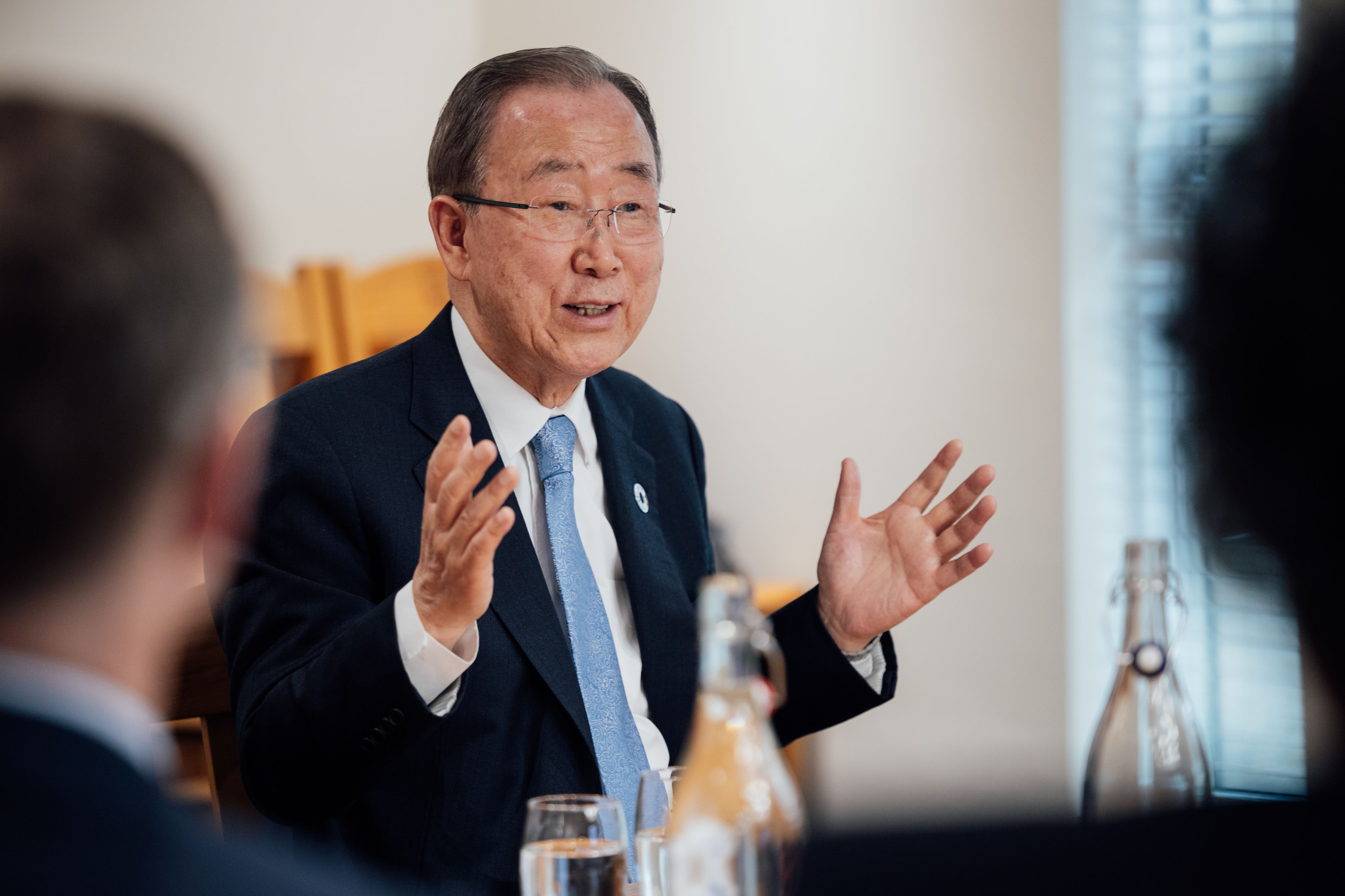
I called upon UN Member States and the international community to protect and stand up for all: “people caught in the crossfire and those who are wondering: Can the world hear my call? Who will help me and my family?”
In addition, soon into my term came the international financial crisis of 2007 to 2008, as well as the ensuing global recession of 2009. Indeed, the financial crisis represented a true test during my first term as Secretary-General. At the international level, the financial crisis dangerously conjoined alongside the existing food and energy crises to form a triple global crisis. The key actions in 2008 and 2009 centred on strong global leadership and the guiding importance of multilateral cooperation. As global markets imploded, there was a robust international response to prevent further free-fall and to reinvigorate the world economy. The G20 Leaders’ Summit was established in response. And decisive action by Heads of State of the world’s largest economies, alongside the UN, was critical in paving the path towards recovery. Timely top-level international cooperation played a decisive role in preventing further disaster. Countries largely heeded my calls to resist protectionism, not turn away from existing development commitments, and invest in resilience-building to combat the fragility of the most vulnerable.
But despite this difficult start, I am of the view that we did make notable progress during those ten years. Indeed, there was a welcome degree of international cooperation in tackling the 2007 to 2009 financial and economic crisis, preventing it from developing into a full-scale depression, as had happened in the 1930s. It is unfortunate that this degree of international cooperation was not sustained. Once a global depression had been avoided, we witnessed the dissipation of impetus to ensure the prevention of further such crises. So, some of the root causes remain unresolved, threatening to wreak havoc on the global economy again in the future. Nevertheless, we made progress during that decade, and one of the most vital things I grasped from my role was the key importance of diplomacy. I had learned this previously as a Korean diplomat and Foreign Minister.
Against this backdrop, I will now highlight four areas where the United Nations has been successful in making global progress, but where more work is also needed, namely in the spheres of human rights, the Sustainable Development Goals, UN Women, and tackling the climate crisis.
First, on protecting and promoting human rights, we did make progress, mostly through quiet diplomacy and mainstreaming new global norms. However, it is hard to sustain such progress unless wider systemic issues and problems affecting people’s lives are also being addressed. With the failures of the international community vis-à-vis Rwanda and Bosnia in my mind, I worked tirelessly during my time as UN Secretary-General to elevate human rights and humanitarian protection for all. In fact, I have wonderful memories of my February 2011 visit to this storied institution of higher learning, when I delivered the Cyril Foster Lecture on Human Protection and the 21st Century. Then, with over 1,000 people in attendance, I emphasised the importance of the Responsibility to Protect (R2P). And I called upon UN Member States and the international community to protect and stand up for all: “people caught in the crossfire and those who are wondering: Can the world hear my call? Who will help me and my family?”. Now, thirteen years later, as new destructive wars and conflicts in Ukraine, Gaza, Sudan, Myanmar, and elsewhere are upending human security, precipitating historic levels of displacement, and violating human rights, I feel my words at Oxford then must be reiterated once again today, as we stand at a pivotal juncture.
Second, during my decade-long tenure leading the United Nations, I brought the entire world together to agree to the UN Sustainable Development Goals. Adopted by 193 countries in New York in 2015, the SDGs offer us a way forward to solve our most critical issues. These include poverty, hunger, health, human rights, education, inequality, climate, gender equality, and others
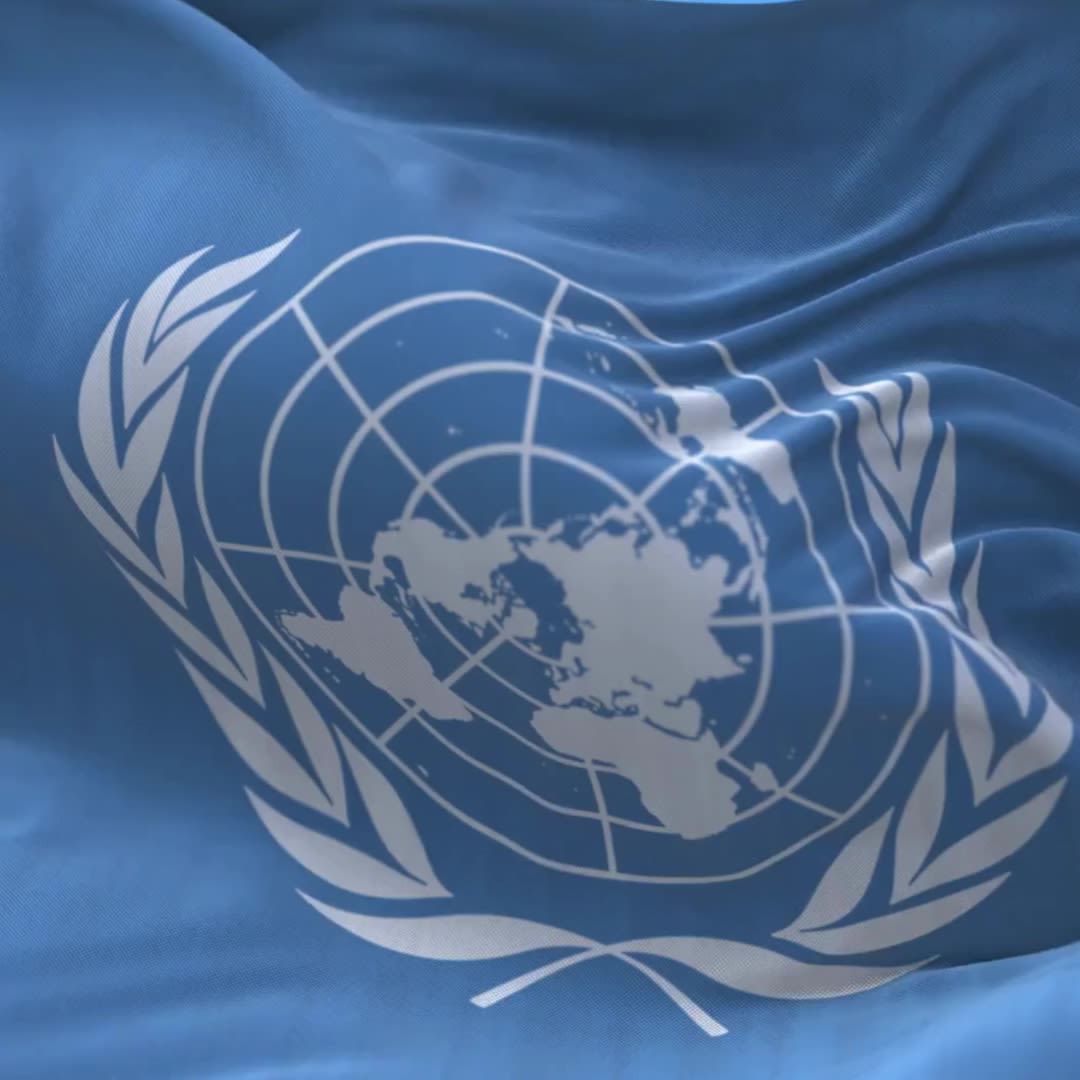
The SDGs provide humanity, and our planet, with a collaborative blueprint to ensure the future we want. I believe that it is always important to win global support and realise the SDGs to ensure that people across the world can enjoy human rights in the broadest sense, including economic and social rights. The SDGs themselves were designed to be underpinned with a rights-based approach to guide holistic sustainable development processes. Indeed, over 90 percent of all SDG targets overlap with normative human rights obligations. Notably, this includes tackling extreme poverty. This is critical since, if millions are living in extreme poverty, their rights are inherently limited by this very fact. Sustainable Development Goal 1, to end poverty in all its forms everywhere, like the other 16 SDGs, is specifically informed by related human rights instruments. These include the right to life, the right to an adequate standard of living, the right to social security, and the equal rights of women in economic life. I’m pleased to say that we did, during those ten years under my leadership at the UN, see hundreds of millions lifted out of extreme poverty thanks to the SDGs and the Millennium Development Goals (MDGs).
Third, I am very proud of the progress made on women’s rights and gender equality during my time at the UN. Indeed, while we must not lose sight of the need for broad economic and social progress, at the same time, we need to focus on specific areas to synergise enabling action. Empowering women and girls and promoting gender equality is essential to solving the world’s challenges such as the SDGs, resolving conflicts, and taking climate action. As UN Secretary-General, I devoted much of my time and energy to advancing the rights of women around the world and fighting for gender equality. From my very first day at the UN to my last, this was my guiding priority. In this context, I launched the UN Women in 2010 to ensure the organisation does more to deliver on gender equality and women’s empowerment. And, I appointed the UN’s first female peacekeeping commander, MG Kristin Lund of Norway.
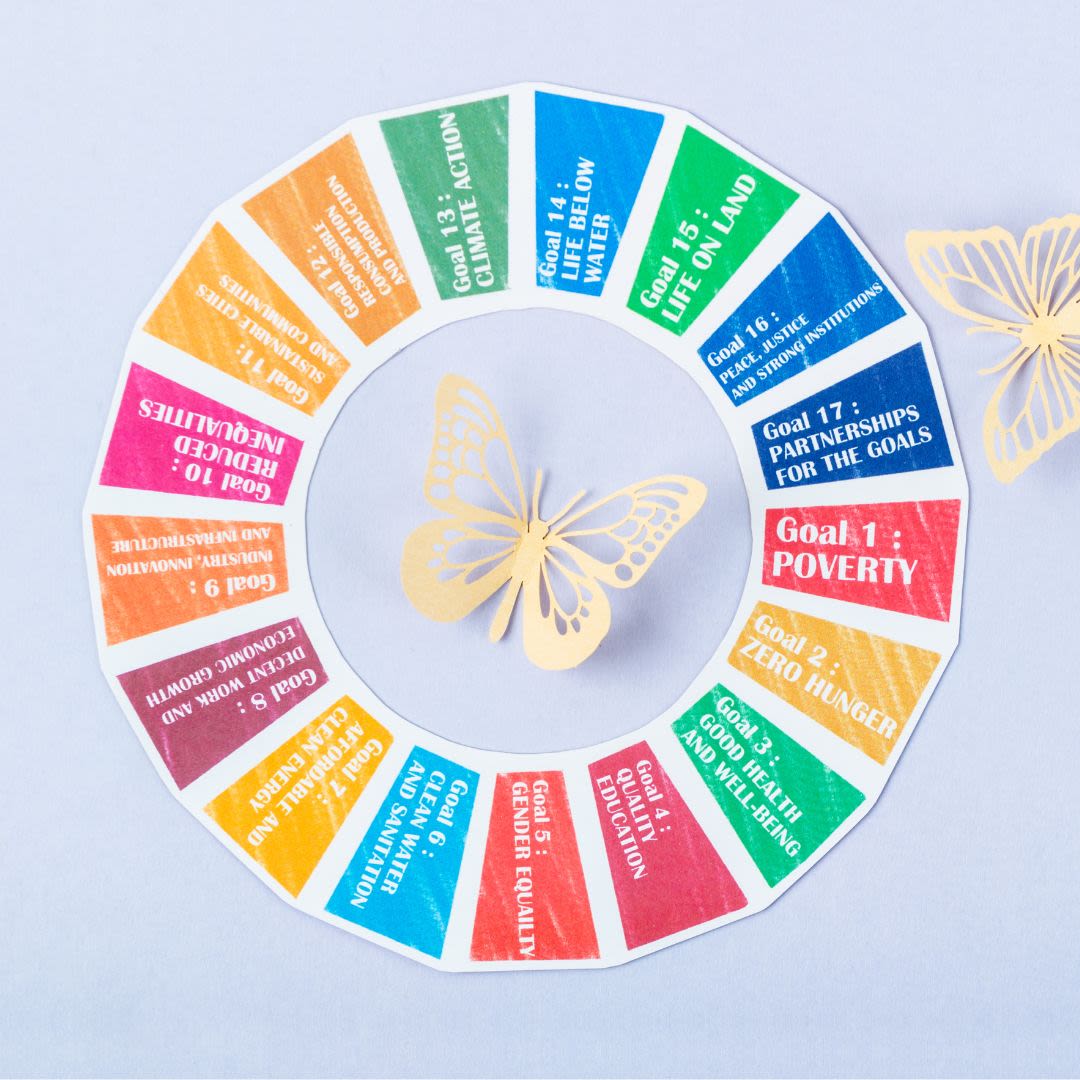
The bottom line is that women’s rights are absolutely central to the three defining pillars of the UN: peace and security, sustainable development, and human rights; as well as each and every one of the other 16 UN SDGs. But if we continue to hold back half of the world’s population, it’s simply impossible to reach our full potential on these three pillars. So, we must do more for women and girls everywhere to realize a sustainable future. We have been fortunate to have had great leaders of UN Women, including Dr Phumzile Mlambo-Ngcuka from 2013 to 2021 – who I am delighted to be reacquainted with, as a fellow Bynum Tudor Fellow at Kellogg College!
Fourth, I made strenuous efforts for the adoption of the Paris Climate Change Agreement. While much has been achieved in developing renewable energy and scaling it, there is so much more to do – most particularly in regard to the urgent reduction of CO2 and other greenhouse gas emissions into the atmosphere, as well as climate adaptation and financing. The Paris Climate Agreement provides us with our best hope to persevere over the dire climate threats to the earth. As I repeatedly stressed; we don’t have a plan B, because we don’t have a planet B either. From catastrophic flooding in Dubai to historic bleaching of the world’s coral reefs to the alarming rise in ocean temperatures to climate-impacted commodity shortages to unprecedented wildfires in unlikely places like Canada, the climate crisis is no longer a future threat. It is here and now!
As such, we need elevated ambition, action, and political will to slash emissions, implement the Paris Climate Agreement, and safeguard the future of both humanity and our planet. At the heart of such action, there is no other way than to drastically cut carbon emissions on the road to net zero and ensure a just transition. This will address energy shortages, improve human well-being, and catalyse cooperation. And the role of both young people and universities is crucial to synergise partnership action.
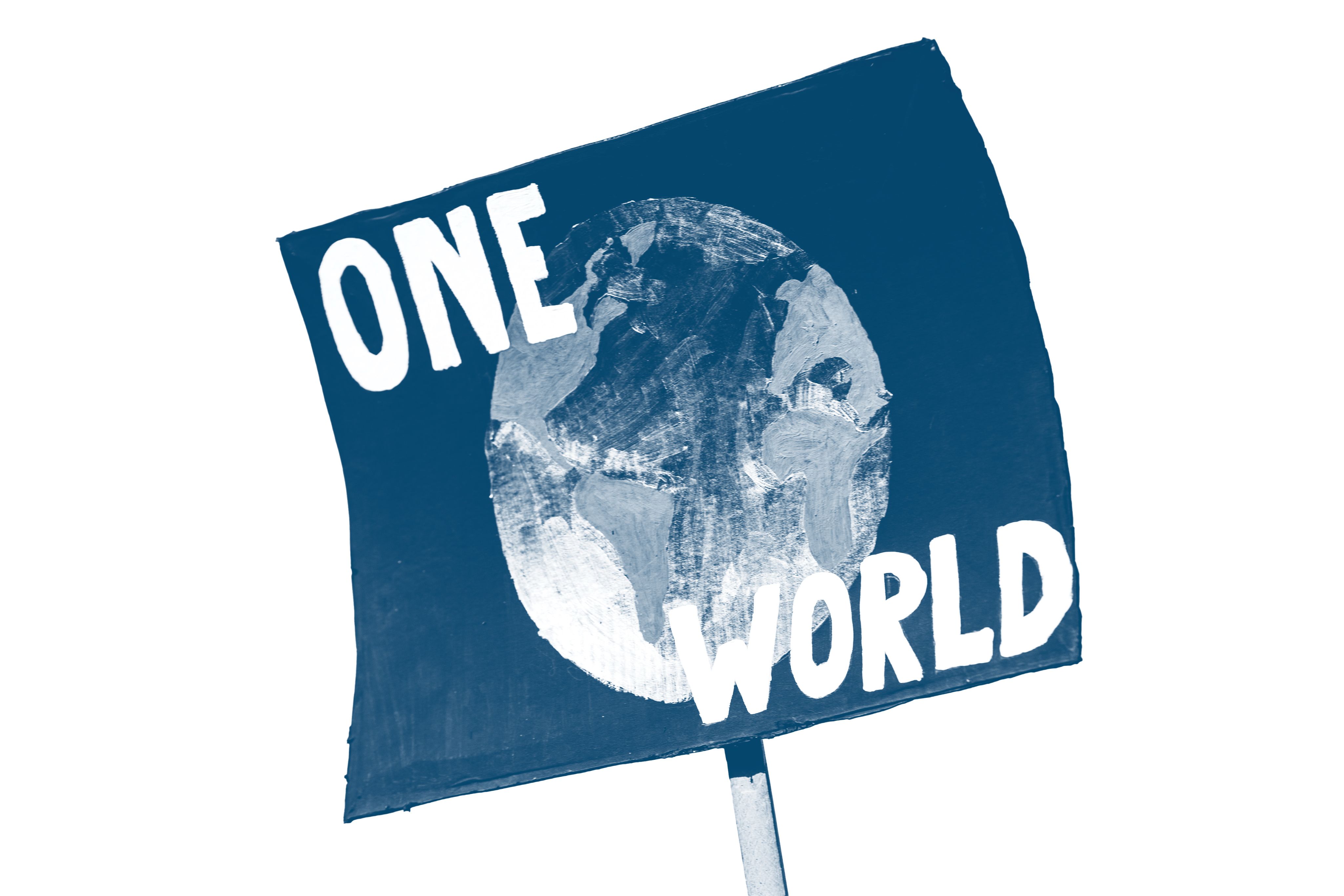
So, on the one hand, tangible progress has been made in some of these aforementioned, critical areas. But, on the other hand, in some cases, progress has stalled, including most notably on realising the UN SDGs. And certainly, more action is needed, and quickly!
Earlier in my remarks, I listed ten of the major issues, problems, and crises humanity and our planet are facing. Each of these pronounced transnational challenges need to be addressed through multilateral cooperation, multi-stakeholder partnerships, and global solutions.
One of these dangers arrived in a rather dramatic fashion after my tenure at the UN, namely the COVID-19 pandemic. In today’s new era of pandemics, COVID-19 and other viruses have brought the health and security implications of biodiversity loss into focus. As biodiversity and habitats are destroyed due to environmental damage, wild animals have increasingly come into closer contact with humans and, as a result, more and more novel viruses and pandemics have spread. Indeed, nearly all of the viruses that have emerged in the 21st century, from SARS in 2003, Ebola in 2014 to COVID-19 today, share the characteristic of being common infectious diseases that have jumped between animals and humans. As such, the climate crisis and pandemics are two sides of the same coin and inherently intertwined.
Now the pandemic phase of COVID-19 is over. But, what about the next global pandemic? Are we better prepared now for the next pandemic? In many parts of the world, the answer is ‘no’ – we do not seem to have learned the lessons, and we are no better prepared today than we were when COVID-19 first spread exponentially around the world. All expert opinion points to the dangers of future pandemics being as great as ever, given the pressures of the global population moving into previously uninhabited territories, and engaging with nature in new areas.
I take this opportunity to congratulate Oxford for both how this University committed itself to developing a vaccine at such impressive speed and, crucially, reaching an agreement with AstraZeneca to distribute the Oxford COVID Vaccine globally on a ‘not for profit basis’, to ensure it was affordable.
So, the list of problems facing us remains formidable. And the abuse of human rights remains one of them. Indeed, we are now witnessing new threats and emerging challenges to human rights and other universal values in every corner of the globe. The unfortunate reality is that human rights violations have been increasing recently as a result of expanded conflict, COVID-19, new technologies like AI, and empowered authoritarian regimes. The sheer degree and depth of the potential impact of such challenges exemplify the interrelated nature of the nexus between peace, development, and human rights. And they also call for re-invigorated global solidarity. This is particularly vital as human rights constitute the building blocks that underpin inclusive, resilient societies.
Human rights protect us all, including during conflict. They offer a pathway to durable peace and post-conflict reconciliation, justice, and sustainable development. They are positioned at the top of our toolbox for countering terrorism and violent extremism. And they form the basis of peaceful, resilient, inclusive, and empowered societies in which all people, everywhere, enjoy both dignity and opportunity. Unfortunately, however, millions of people around the world today are suffering from unfathomable human rights abuses.

The most striking challenge is perhaps the climate crisis, which threatens humanity globally.
From Ukraine to Gaza to North Korea to the Democratic Republic of Congo to Myanmar to Sudan and beyond; we must remember that the respect of human rights is a universal value that humanity agreed upon. All UN Member States are obligated to protect the human rights of their citizens, or those they occupy. Indeed, it is their fundamental duty, based on both the United Nations Charter and the Universal Declaration of Human Rights.
As such, we must remain vigilant to always protect and promote human rights. But we also need to better tackle the other challenges we are facing. Otherwise, not only will those problems persist, but when they reach crisis levels, that also leads to human rights being eroded. From the list of ten global challenges I referred to, the protection and promotion of human rights is the focus of this lecture, but as I have just argued, they are all extremely significant and often interconnected, not only in their own right but also with regards to human rights. The most striking case in this regard is perhaps the climate crisis, which threatens humanity globally.
The bottom line is that climate change is precipitating insecurity, conflict, displacement, biodiversity loss, mass crop failures, drought, flooding, famine, and public health risks all around the world. And it could get much worse. This would be devastating to hundreds of millions who may see their social and economic rights stripped away. Working to protect and enhance human rights, therefore, must be accompanied by action to tackle the climate crisis.
The UN Intergovernmental Panel on Climate Change (IPCC) says that we have just seven years to cut emissions by fifty percent in order to restrict the planet’s temperature rise to 1.5 degrees before climate change becomes catastrophic. As such, robust action, underpinned by partnership, cooperation, and a rights-based approach must steer us all collectively forward. It is critical for us to hit net-zero targets by 2050. And to do so, we must turn existing international commitments, most notably the Paris Climate Change Agreement, into decisive action. Climate change is a common global challenge demanding collective global solutions. And all of us have a common stake in forging sustainable solutions in response.
I would like to conclude my remarks today by highlighting the following three points.
First, while I am pleased that during my time as UN Secretary-General, we did make progress on protecting and promoting human rights, in many cases that momentum has since been lost.
And, when other security and socio-economic problems are exacerbated, human rights all too often lose out. I am of the view that this underscores the great importance and utility of this annual lecture series on human rights. Indeed, we do need to maintain a focus on human rights, especially civil society, and I highly congratulate Kellogg College for helping do so through this vital initiative.
Second, we need to retain a broader focus, in order to make critical progress on achieving the UN Sustainable Development Goals, and, most importantly and urgently, in redoubling action at all levels to tackle the climate crisis. With this in mind, I reiterate my appreciation for the role of Kellogg College in launching the Commission on Sustainability Data. This warrants a round of applause!
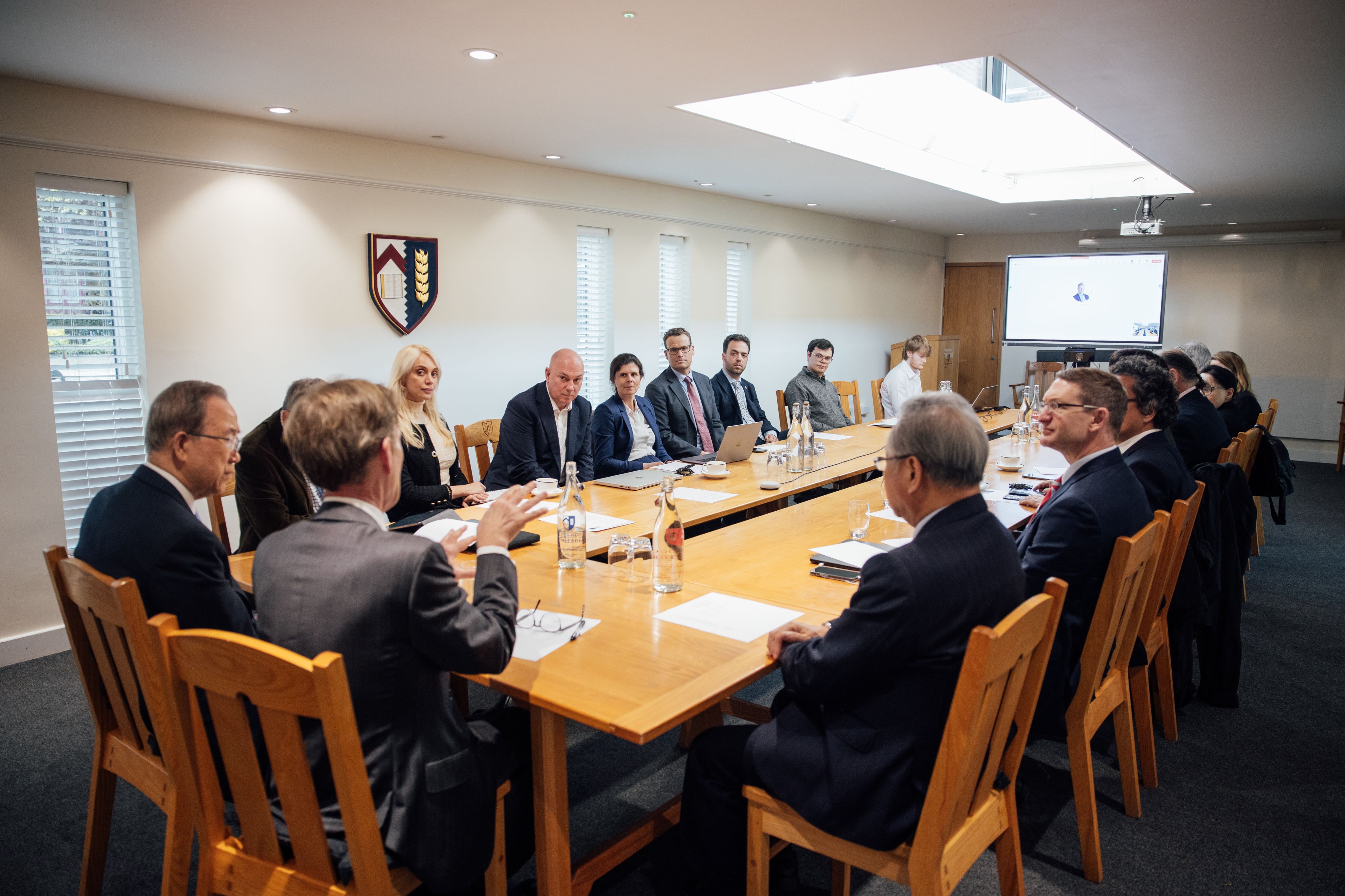
I believe we can create the future we want, even during this time of interlinked and multiple crises. This is a bright future that is anchored in human rights, inclusion, empowerment, sustainability, and peace for all people and our planet.
And finally, I would like to briefly reflect on my lessons learned over the years, particularly from my ten years of service as UN Secretary-General. I believe that those ten years were marked by many successes. And these successes were the result of the hard work of all those who work for the United Nations, and of the many millions who support these efforts, whether in governments, NGOs, the private sector, universities, or other parts of civil society. Collectively, we strived to enhance human rights globally. Indeed, our other successes – such as the Sustainable Development Goals, establishing UN Women, and the Paris Climate Agreement – can all be seen as enhancing human rights, broadly defined. The Sustainable Development Goals promote the whole range of economic and social rights, and all seventeen of the SDGs themselves and their targets are underpinned and informed by various international human rights instruments.
Against this backdrop and noting the inherent interrelation between the UN’s three pillars, it is imperative for the international community to reaffirm human rights for all. Young people, rights advocates, and great universities such as Oxford can lead by example, including by speaking up in the face of grave violations.
Indeed, an active and energetic civil society is essential in helping to uphold inalienable human rights, hold leaders accountable, and communicate the values required to construct a more peaceful and inclusive world. We must come together in greater solidarity and urgency. We must find our common humanity. We must redouble efforts to live up to the guiding ideals of the UN Charter and its pledge to “save succeeding generations from the scourge of war”.
We must enhance the protection of civilians during conflict, as well as the refugees that those conflicts make. We must strive to emphasise prevention as a mechanism to address armed conflict and suffering. We must recommit to upholding and protecting human rights for all, as well as seeking truth and reconciliation. And, we must go further in bolstering international justice and accountability in the face of grave crimes as well as atrocities.
As such, I humbly call on you to harness your efforts to enhance cooperation, partnership, and empowerment in working to improve human rights for all; including those caught up in various bloody crossfires around the world. And, I appeal to all leaders and governments - particularly, those holding permanent seats on the UN Security Council - to better reaffirm humanity’s faith in the fundamental human rights, dignity, and worth of each person, as envisaged by the UN Charter, key Declarations, and UNSC resolutions.
I believe we can create the future we want, even during this time of interlinked and multiple crises. This is a bright future that is anchored in human rights, inclusion, empowerment, sustainability, and peace for all people and our planet. Thank you very much for your attention, and for your efforts!
